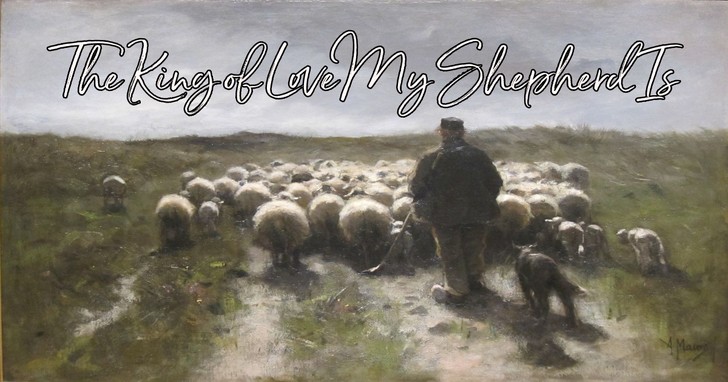 |
Isaiah 60: 1-6
Psalm: 72
Reading II:
Ephesians 3:2-3a, 5-6
Gospel: Matthew 2:1-12
Whenever I think of the Epiphany, two things stand out in my mind. First, the manifestation or showing of the Savior to the three kings represents the fact that salvation would be offered to all peoples. Although the first offer of redemption was given to the Jews, God sees all as his children and offers his mercy to all.
The second is the story of The Other Wise Man, by Henry Van Dyke. In this story, there was another wise man who set out to follow the star to find the newborn King. The author named him Artaban and described his as a priest of the Magi, a Mede, from Persia. He also saw the signs in the heavens but missed the caravan of the other wise men because he stopped to help a dying man.
Artaban had brought gifts to give to the newborn King. However, he had to spend some to buy the camels and supplies needed for the trip. He arrived at Bethlehem too late. The Holy Family had gone to Egypt to protect the child from being one of the children killed by order of King Herod. Herod feared that a male child under the age of two would grow up to challenge his kingship and replace him.
The other wise man then traveled to Egypt and many other countries searching for Jesus. After many years of traveling, all the while helping many people along the way, Artaban arrived in Jerusalem as Jesus is being crucified. He spent his last treasure to ransom a young woman being sold into slavery. Having failed to find Jesus before his death, Artaban is struck in the head by a falling roof tile and is about to die. A Voice tells him “Truly I tell you, whatever you did for one of the least of these brothers and sisters of mine, you did for me” - Matthew 25:40 (NIV). Artaban dies in peace knowing that his treasures had been accepted by
his King.
Reflection Question: There have been variations in the story of the fourth wise man but the essence and message are the same. How can this story help you in your daily life?
Spanish Translation of Reflection Above...
The Feast of the Epiphany
Cada vez que pienso en la Epifanía, dos cosas se destacan en mi mente. Primero, la manifestación o demostración del Salvador a los tres reyes representa el hecho de que la salvación se ofrecería a todos los pueblos. Aunque la primera oferta de redención fue dada a los judíos, Dios ve a todos como sus hijos y ofrece su misericordia a todos.
La segunda es la historia Del Otro Sabio, de Henry Van Dyke. En esta historia, hubo otro hombre sabio que se dispuso a seguir a la estrella para encontrar al Rey recién nacido. El autor lo llamó Artaban y lo describió como un sacerdote de los Reyes Magos, un Mede, de Persia. También vio las señales en el cielo, pero extrañó la caravana de los otros sabios porque se detuvo para ayudar a un
hombre moribundo.
hombre moribundo.
Artaban había traído regalos para dar al rey recién nacido. Sin embargo, tuvo que gastar algunos para comprar los camellos y los suministros necesarios para el viaje. Llegó a Belén demasiado tarde. La Sagrada Familia había ido a Egipto para proteger al niño de ser uno de los niños asesinados por orden del Rey Herodes. Herodes temía que un niño menor de dos años creciera para desafiar a su reinado y reemplazarlo.
El otro hombre sabio luego viajó a Egipto y muchos otros países buscando a Jesús. Después de muchos años de viaje, mientras tanto ayudaba a muchas personas en el camino, Artaban llegó a Jerusalén cuando Jesús estaba siendo crucificado. Gastó su último tesoro para rescatar a una joven vendida como esclava. Al no haber encontrado a Jesús antes de su muerte, Artaban es golpeado en la cabeza por una teja que cae y está a punto de morir. Una voz le dice “En verdad les digo, lo que hayan hecho por uno de estos hermanos y hermanas míos más pequeños, lo hicieron por mí” - Mateo 25:40 (NIV). Artaban muere en paz sabiendo que sus tesoros han sido aceptados por su rey.
Pregunta de reflexión: Ha habido variaciones en la historia del cuarto sabio, pero la esencia y el mensaje son los mismos. ¿Cómo puede esta historia ayudarte en tu vida diaria?











